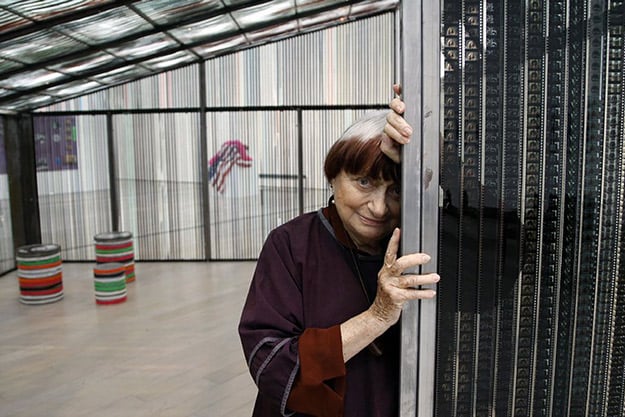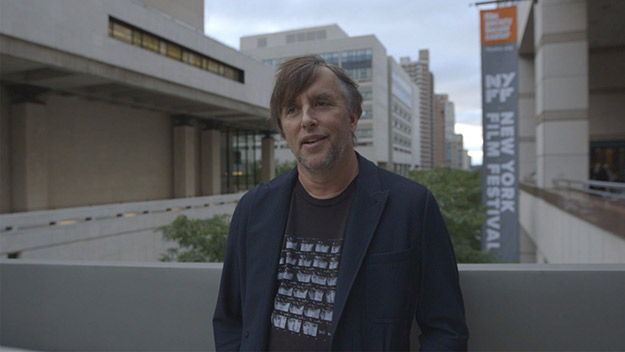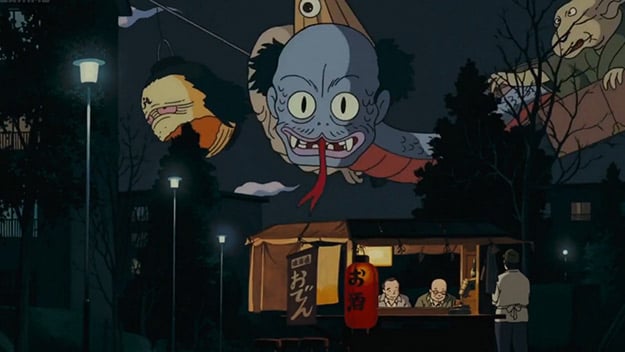News to Me: Week of April 9
Agnès Varda’s Let’s Talk About Cinema

Agnès Varda
When Agnès Varda received news of her first-ever Oscar nomination for Faces Places (2017) earlier this year, she was filming lectures about the film to escape traveling with it. “I’m archiving myself,” said the 89-year-old French New Wave pioneer in an interview with Vulture.
It seems like her auto-archiving mission has birthed her next project. Varda is set to co-direct a TV documentary this year, titled Let’s Talk About Cinema, with longtime collaborator Didier Rouget. Described by the director as “an illustrated chinwag,” it will be an extended masterclass about Varda’s analog filmography, starting from her 1954 debut La Pointe Courte to 1994’s Les Cent et une nuits de Simon Cinéma (One Hundred and One Nights).
“It’s really about transmission and education,” the filmmaker’s daughter Rosalie Varda, who is producing the film, told Film Comment. “She’s going to take extracts from her films and talk about them herself, explaining how she arrives to each scene, and how, in each film, she tries to find a new way of narration between fiction and documentary.” The film will also feature several special guests and past collaborators of Varda’s, which Rosalie says will be a “big surprise.”
Varda has been doing masterclasses and lectures all over the world for the last ten years, which partly inspired this project. In a recent lecture she delivered at Harvard University, she emphasized how important “sharing” is to her filmmaking.
“It’s clear that I don’t make films for myself. It’s really—what I like to do is to share. To share the film with audiences and have what is called feedback.”
Varda had suggested that Faces Places would be her last film for distribution, and that she would now be focusing solely on video art and installations. But it was the ability to share her knowledge with the world that got her excited about this project, says Rosalie.
This will be the second collaboration between mother and daughter. Rosalie produced Faces Places as well, and Varda credited her for coming up with the idea for the film and introducing her to collaborator JR. “We’re good partners in crime,” says Rosalie, who had the idea for Let’s Talk About Cinema even before Faces Places.
“Cinema is a young art. For the new generation, everything is going so fast, that we absolutely need to have films about the history of cinema,” she said. “She’s one of the last directors of the New Wave who’s still active and creating. And it’s really interesting how now, even at the age of 89, she can talk with great clarity about a film from ‘54.”
This will also be Varda’s second time co-directing a film after Faces Places. Didier Rouget has worked with Varda on several films, including Jacquot de Nantes (1991), The Gleaners and I (2000), and The Beaches of Agnès (2008).
“Like in Faces Places, she said that she now needs a little bit of help during the shooting”, explained Rosalie. “She’ll still do the editing herself, of course, because she’s the master of editing.”
There are also tentative plans to make a sequel called Let’s Talk about CineArt, which will focus on her digital and multimedia work since 2000. However, Rosalie emphasized that they’re currently focusing on financing the first installment, which begins production soon and is expected to be completed by September (or “whenever she is happy with it,” added Rosalie with a laugh). It is set to air on ARTE in France, and they’re also looking for American TV and VoD distributors.—Devika Girish
Films on the Horizon

Richard Linklater
The ever-prolific Richard Linklater has three films in the works after last year’s NYFF Centerpiece Last Flag Flying. His Cate Blanchett–starring adaptation of Maria Semple’s novel Where’d You Go Bernadette? comes out later this year, and Robert Downey Jr. is set to star in his as-yet-untitled biopic of infamous “goat-gland doctor” John Brinkley. In the meantime, he’s also been putting out ads in Houston for home movies and archival footage from the summer of ’69, to be used in a mystery film about the moon landing. Agnieszka Holland, whose Spoor also showed at NYFF, has begun shooting Gareth Jones, a biopic about the Welsh journalist who exposed the Soviet famine of 1932-33. She’s also teaming up with daughter and co-director Kasia Adamik and fellow female Polish filmmakers Agnieszka Smoczynska (The Lure) and Olga Chajdas (Nina) to direct Netflix’s first-ever Polish series—which imagines a world where the Iron Curtain never fell. Meanwhile, Sean Baker (The Florida Project) is embarking on a road trip to research his next film, which might be about the U.S. opioid crisis.—Devika Girish
Readings

Pom Poko
✸ The late Isao Takahata on the film that inspired Studio Ghibli
✸ On Kantemir Balagov and “regional” Russian cinema
✸ Two from John Grierson’s Documentary News Letter, 1941
What Does the Public Want? by Dr. Jekyll and Mr. Hyde
✸ Filming 2001: A Space Odyssey, in American Cinematographer, 1968

Internet cookie







